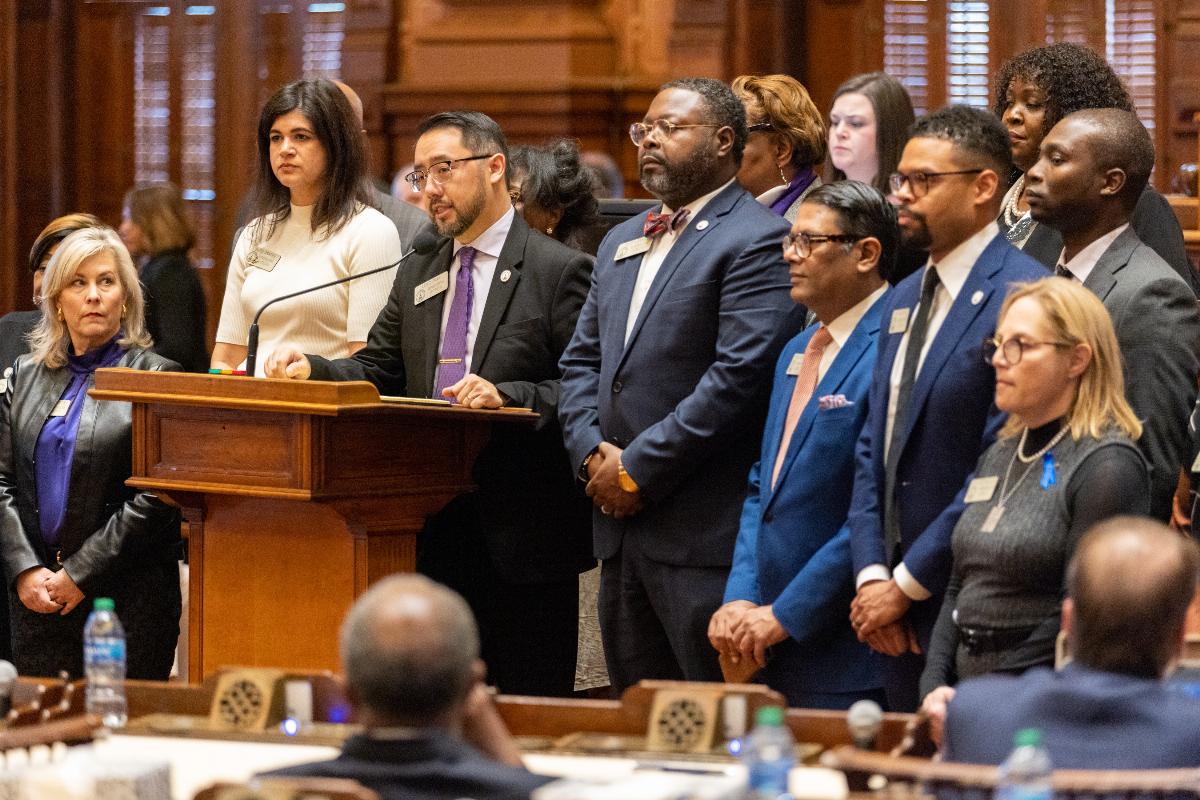
Senate democrats investigate pregnancy-related death of Georgia woman under federal law
Senate Democrats are probing the circumstances surrounding the death of Amber Thurman, a Georgia woman who died from complications related to abortion pills in August 2022. This investigation focuses on whether hospital staff at Piedmont Henry Hospital adhered to federal law, particularly the Emergency Medical Treatment and Labor Act (EMTALA), which mandates prompt treatment during medical emergencies for individuals receiving Medicare funding.
Senator Ron Wyden (D-OR), chairman of the Senate Finance Committee, reached out to the hospital's CEO, David Kent, to determine whether a Georgia state law prohibiting abortions after six weeks affected the medical care provided to Thurman. This law, enacted in 2019, restricts abortions approximately at the point when fetal cardiac activity can be detected.
Thurman was nine weeks pregnant with twins when she traveled to a North Carolina clinic for an abortion, where she was prescribed mifepristone and misoprostol. Following complications five days later, she presented at Piedmont Henry's emergency department, exhibiting symptoms of severe infection, including heavy bleeding and vomiting. However, she waited for three hours before receiving antibiotics and nearly 20 hours before undergoing a dilation and curettage (D&C) procedure to remove retained pregnancy tissue. Tragically, she experienced organ failure and died during the surgery.
In response to the investigation, anti-abortion medical and legal experts argued that Georgia's law does not prevent physicians from providing necessary treatment in such cases. They asserted that a D&C could be performed when medically indicated, irrespective of the circumstances surrounding the pregnancy.
In contrast, abortion rights advocates have raised concerns that state laws restricting abortions may hinder healthcare providers from offering critical reproductive care in emergencies. They contend that such restrictions create confusion among medical professionals, potentially leading to adverse outcomes for patients.
Thurman's case is part of a broader discussion about the implications of abortion bans, especially following the Supreme Court's decision to overturn Roe v. Wade in June 2022. The Senate Finance Committee is set to hold a hearing on abortion-related deaths and medical malpractice since this ruling, underscoring the ongoing debate over healthcare access and legal protections for patients and providers.
Senator Wyden has requested a response from Piedmont Henry Hospital regarding compliance with EMTALA by October 22, as the investigation continues to unfold.
Stichworte







